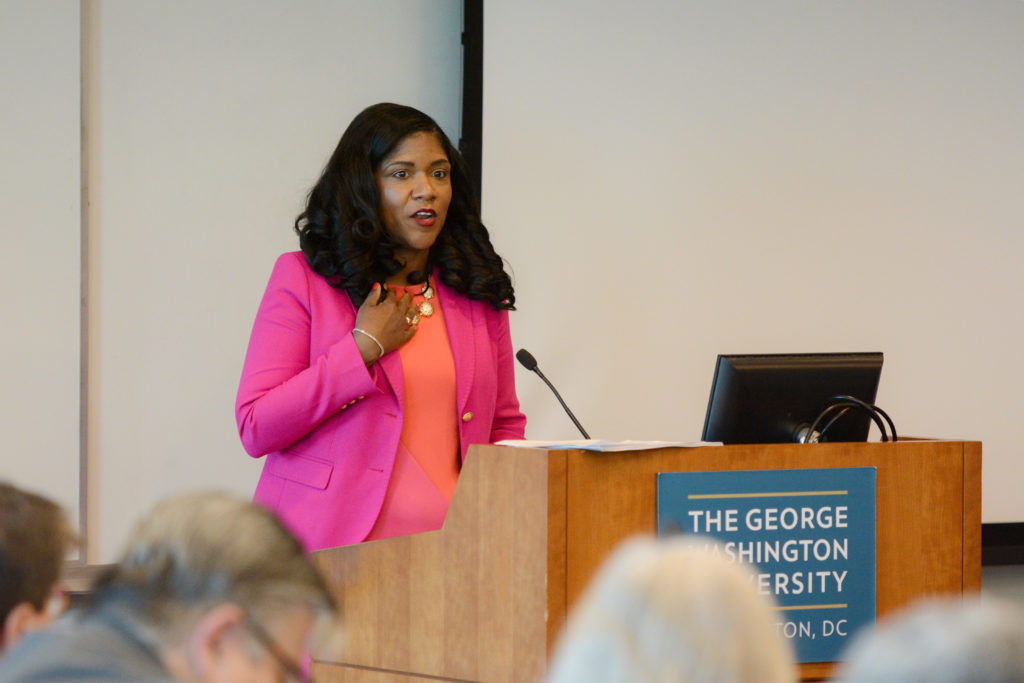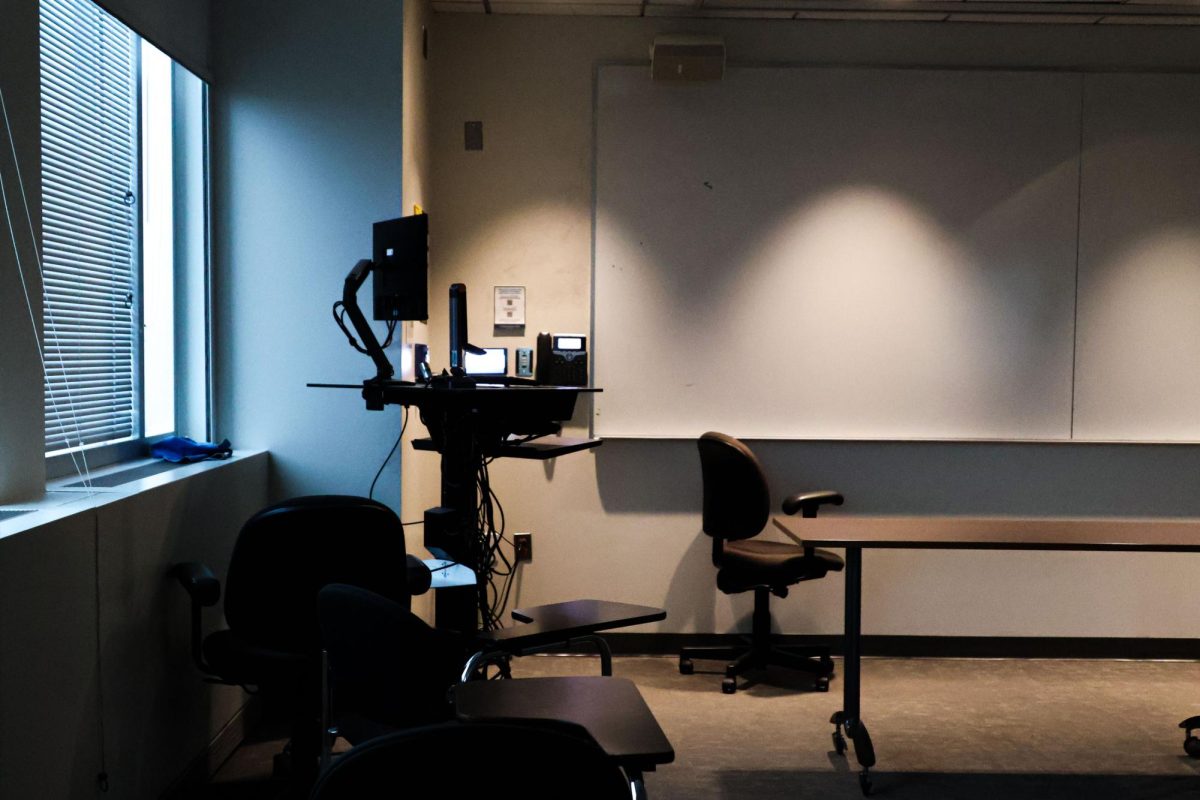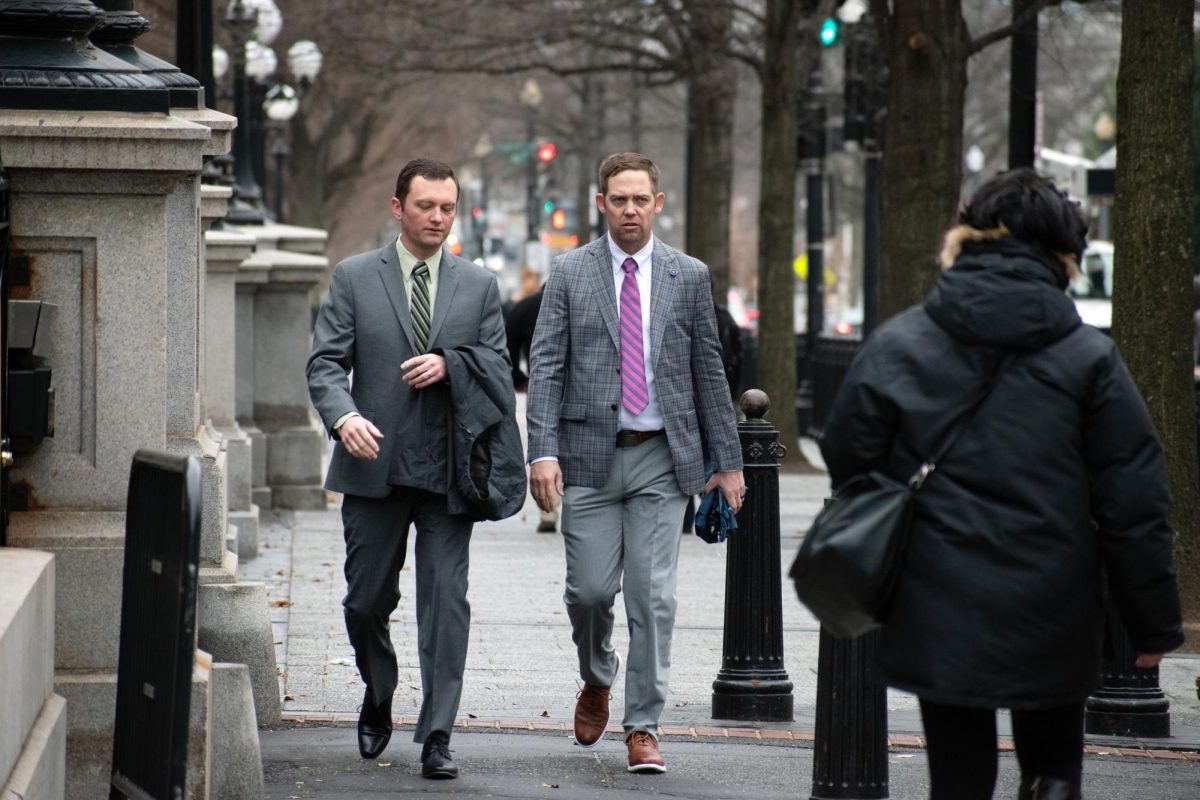Updated: Aug. 18, 2020 at 4:02 p.m.
Universities across the country implemented the Department of Education’s new Title IX regulations Friday, which require several changes, like the elimination of the single-investigator model for investigating grievance complaints.
The regulations, which carry the force of law, also require schools to switch to a more stringent definition of sexual harassment and don’t require that universities handle cases that occur off campus or on study abroad programs. Caroline Laguerre-Brown, the vice provost for diversity, equity and community engagement, said in an interview that officials will maintain the University’s mandatory reporting policy and continue to provide resources to people who report Title IX violations but don’t want to go through with a formal grievance procedure.
Laguerre-Brown said grievance procedures could decrease in light of the new regulations. She said the University will now use a single hearing officer, who may be a retired judge or other attorney, and Title IX investigators will conduct the investigations.
But she said community members can still report cases to the Title IX office and access resources, like counseling referrals and no-contact orders.
She added that although the hearing process will change, officials have drafted a decorum policy for the hearings that clarify that abuse during the procedures will not be tolerated.
“I think that there’s no change in the ability of our community to come to the Title IX office to seek support and services, and those supports and services are available regardless of whether somebody chooses to pursue a formal grievance procedure,” she said.
She said officials will maintain GW’s mandatory reporting policy, which requires certain staff within divisions like Safety and Security and Student Affairs to report Title IX complaints to the Title IX office, although the new regulations don’t require it.
Laguerre-Brown said that although there’s been pushback from students and sexual assault advocates about the new regulations, the University has to comply with the rules because they carry the force of law.
A federal judge refused to block the new changes Wednesday in a lawsuit brought against the department by attorneys general from 17 states and D.C., CBS reported.
“If you look at the policy and look at the way we have chosen to implement, wherever we have the discretion to prioritize our values around safety and wellbeing we did that,” Laguerre-Brown said.
This post has been updated to correct the following:
The Hatchet incorrectly reported that the University will conduct investigations through a multiple-person hearing board. Title IX investigators will conduct the investigations, and officials will use a single hearing officer to conduct the hearing. We regret this error.








